|
We all know that it is not easy to follow school lessons and be engaged, especially when lessons are not really interactive. During the pandemic, motivation in studies has decreased and new tools have been introduced to stimulate the classroom for better interaction and learning. The course “Integrating ICT and new technologies into teaching and education” aims to provide the best methods and tools to stimulate active participation during school time. The last session of this course took place in Palermo from 05/12/2022 to 16/12/2022 for Rodica, Claudia, Cătălina, Ionuț and Ozana from the "Alexandru Ioan Cuza" National College, in Romania, Ploiesti. 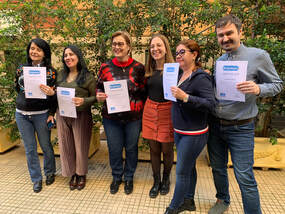 Our participants discovered how ICT tools can help to create presentations that capture the attention through simple images and videos that follow one another dynamically and interactively, leaving the result of the product to teachers' creativity. Interactive presentations can be used for a variety of purposes that come in handy also for students in making their activities: ICT is not just this, it can be useful to create websites step by step. The participants had the opportunity to create different types of interactive quizzes with images and text and also tried to share experiences with the others thanks to videos and pictures on the globe map as if they were postcards. The tools presented made it possible to personalise the teaching experience by allowing greater interactivity in real-time and allowing students to add live feedback. Thanks to our wonderful participants for their engagement and contribution! Discover more about this course at https://www.erasmustrainingcourses.com/integrating-ict-into-teaching-and-training.htm
While academic learning is the foundation of education, more and more educators are recognising the importance of students' skills such as collaboration, self-discipline, and conflict resolution. These skills may be underestimated but are essential to a student's overall growth and development. Our participants Adelina, Irina and Cristina from "Alexandru Ioan Cuza" National College, Romania, tested ''on their skin'', a series of practical activities that will come in handy for their teaching, and they are related to emotional intelligence. This course took place in Palermo from 05/12/2022 to 16/12/2022 with a brief introduction to 21st-century skills: what we know, what we can do, and what we feel like doing. In addition to the required skills such as linguistic, scientific, and technological ones, the teachers analysed the concept of emotional intelligence that mainly focuses on empathy, communication, leadership, and mentoring. Through a series of activities, the participants were able to learn more about practising these skills and building a connection. The activities were inspired by the studies of Daniel Goleman who states that organisations can be improved through better management of emotions. The wheel of emotions is a powerful tool for self-awareness and self-control that helps to understand others directly and honestly. A teacher must be a leader, here the qualities and concept of leadership are discussed in an interesting debate with emphasis on non-verbal communication: body language is also relevant! The leader should not exclude team members, communication is essential for teamwork. A passive or aggressive attitude must be avoided to promote an assertive approach. Fundamental training is the one held regarding public speaking in which participants used the advice they learned to improve their exposure in public. Now they feel more secure and can handle conflict and stress better. In the course were taken into account cultural differences: Teachers shared their own stories and weaknesses making the environment more familiar and serene, making collaboration easier thanks to the presence of mutual trust. Discover more about this course at https://www.erasmustrainingcourses.com/soft-skills-for-education-staff.htm
These days, it's simple to feel overburdened and to believe that we can't keep up with our daily activities. Both our personal and professional lives can experience stressful conditions, and when we are in a stressful position, it can be challenging to avoid conflict. The techniques for managing and overcoming conflict and stressful circumstances were covered in this course through both theoretical and practical activities. The new edition of the course “Stress and Conflict Management: the way to resilience and satisfaction” took place in Bologna from 05/12/2022 to 10/12/2022. The participants came from all across Europe, with Ildikó Gyirkis from VIK Középiskola in Hungary, Manuel Neftalí Peral Joris from OÜ Hispaania Maja in Estonia and Neslihan ZENGİN from GEBKIM Eğitim, Araştırma ve Sağlık Vakfı in Turkey. On the first day participants reflected on the meaning of the word stress by brainstorming in groups. Stress is caused by a series of stressors that can be related to many factors: physical, environmental, family-related or work-related. However, small amounts of stress can also have positive outcomes and push us to achieve our goals or to respect a deadline for example. For this reason the participants learnt to distinguish between Distress (negative) and Eustress (positive). During this course the participants learnt about a series of strategies, both cognitive and behavioural, designed to overcome stressful situations in the workplace. Through group activities they had the opportunity to increase their planning and time management skills. In order to manage stressful situations better they practised breathing exercises, muscle relaxation and visualisation. Another topic that was discussed during the course was empathy, which is a fundamental skill when it comes to dealing with conflicts. It can be tricky sometimes to show an empathic response, especially when we haven’t experienced the same feeling as the person in front of us. However, it is possible to practise it and the participants learnt how to distinguish it from other types of responses. In order to solve conflicts it is necessary to know how to communicate effectively. The participants discovered the different communication styles and were asked to do a group activity in which each member had to contribute in resolving a conflict. Although it can be difficult to solve a conflict, as this activity demonstrated, the team members saw how this situation could also be an opportunity to grow and learn. This method can also be applied to a workplace and a classroom.
Participants had the chance to confront one another and learn from their common experiences because they hailed from diverse cultural backgrounds. More importantly, this training demonstrated to them that, in addition to having the skills to handle challenging circumstances, there may occasionally be a constructive end from an ongoing conflict. Discover more about our course about stress and conflict management here https://www.erasmustrainingcourses.com/stress-management.html Scientific research has taught us that the most important period of human development is from birth to age 8. As the early years are the most important for the child development, preschool teachers have a big responsibility in building the groundwork for success in school and in adult years. During this course we had the chance of getting new ideas on how to create the best environment for future adults in Europe, by enhancing the quality of Preschool Education in the schools in Europe. The new edition of the course “The best for preschool teachers” took place in Palermo from 27/11/2022 to 03/12/2022. The participants came from all across Europe, with Anneli, Piret, Mari and Leila from Tabasalu Teelahkme Lasteaed in Estonia, Agnieszka, Magdalena and Sylwia from Zespół Szkolno-Przedszkolny w Hażlachu in Poland, Irena and Špela from Osnovna šola dr.Jožeta Toporišiča Dobova in Slovenia and participants coming from two different Spanish schools: Maria and Elena from Cra Celumbres, and Miguel Ángel from Colegio Diocesano Sagrado Corazón de Jesús. During the first day, after some ice braking and team building activities, all the teachers had the chance to present their schools to the others in order to get a wider understanding of preschool education in Europe and to exchange best practices in the early educational field. Then it was time for discovering the Italian preschool experience in two local nursery schools in Palermo. Firstly, we visited the “Istituto Jean Piaget”, where the participants had the chance to know the history of this thirtieth-year school and to delve into the welcoming and colourful classes in which children every day spend their school days with experienced teachers and innovative educational methods.
With the help of the association “Palma Nana”, we experienced a practical education session to brainstorm together on the meanings and the key elements that characterize Outdoor Education, reflecting on the power of the “Maieutic” Approach, and we participated to an outdoor activity in the Palermo square “Piazza Magione”. During the week we also discovered the principles of Non Formal Education and the difference between being teachers and being facilitator, analyzing the value that the debriefing has in learning by starting from the students products. Palermo, with its art and culture, was the colourful background of this enriching week. Quoting a comment from one of the participants: Seven days of pure joy! Thank you all for making that happen. We are really grateful to Istituto Jean Piaget, Ecoscuola Montessori and Palma Nana for sharing their knowledge and experience with us, giving a taste of the Italian Preschool and Educational Experience. Discover more about this course in: https://www.erasmustrainingcourses.com/preschool-teacher-training.html We all know how fun it can be for the students to be involved in projects and external activities, but we are also aware that teachers end educators can find it difficult to get on board with a non formal way of managing the class without a clear plan and strategy. But don’t worry: that is the reason why our course “Introducing Project Based Learning in the Classroom” exists! The new edition of the course took place from 04/12/2022 to 10/12/2022 in a Bologna full of Christmas lights and happiness. We had 3 very enthusiastic participants: Ana from “Limerick and Clare Education and Training Board” in Ireland, Juan Manuel and Joan Miquel from “IES Politècnic” in Spain. At the beginning of the week, our group explored the main concepts related to Project Based Learning, focusing in particular on the 5 key elements of PBL and using case study videos to trace them in the project presented. Quite spontaneously, they quickly came to the realization that PBL is not like doing any regular project, but rather a defined teaching approach with its own rules and methods. And from there, we started to break down the preparation of a PBL project into different phases: 1. Preparation of the class for Project Based Learning. We talked about the basic attitudes and characteristics that our teachers should adopt for Project-Based Learning in order to get the students on board! A lot of discussions emerged and soon we found ourselves fighting on the best way of roasting coffe…small injside joke that only the group will get ;) 2. Defining Learning Outcomes, Learning Goals and “Backward Designing”. One of the critical aspect of PBL is that it should be rooted in the curriculum, it is the main dish rather than the dessert! 3. Creation of the Driving Question and project details. One of the elements of project-based learning that should not be forgotten is the "push question" element. These questions aim for students to try to solve an emerging problem or a process with various research and inquiries. These questions are open-ended inquiry that guides students’ thinking and learning. 4. Establishing appropriate Assessment forms. We discussed thoughtful and solution-oriented assessment methods that will help us measure students' understanding and plan instruction accordingly. We also drew attention to the difference between formative assessment and summative assessment. Thus, in group work, we saw together with our participants which option was more useful and beneficial in order to determine the individual development of the students. 5. ICT tools in support of Project Based Learning. In our ever-changing and technology-based world, it is indispensable for Project-Based Learning to be changed according to this order and to progress with technology. Our participants had the opportunity to try out various tools needed to implement Project-Based Learning smoothly and fluently in the classroom. During the week, our participants came to a level where they could create their own projects with all the knowledge and exercises they had experienced. After discovering a new part of PBL practice every day, they had the opportunity to design their own projects based on their student group. As a result, our participants left us with their pockets full of new information and with a project ready to be implemented! Thank you Ana, Juan Mi and Juan Ma for the beautiful week :) Discover more about this course here!
These days, it's simple to feel overburdened and to believe that we can't keep up with our daily activities. Both our personal and professional lives can experience stressful conditions, and when we are in a stressful position, it can be challenging to avoid conflict. The techniques for managing and overcoming conflict and stressful circumstances were covered in this course through both theoretical and practical activities.
The new edition of the course “Stress and Conflict Management: the way to resilience and satisfaction” took place in Bologna from 05/12/2022 to 10/12/2022. The participants came from all across Europe, with Ildikó Gyirkis from VIK Középiskola in Hungary, Manuel Neftalí Peral Joris from OÜ Hispaania Maja in Estonia and Neslihan ZENGİN from GEBKIM Eğitim, Araştırma ve Sağlık Vakfı in Turkey. On the first day participants reflected on the meaning of the word stress by brainstorming in groups. Stress is caused by a series of stressors that can be related to many factors: physical, environmental, family-related or work-related. However, small amounts of stress can also have positive outcomes and push us to achieve our goals or to respect a deadline for example. For this reason the participants learnt to distinguish between Distress (negative) and Eustress (positive). During this course the participants learnt about a series of strategies, both cognitive and behavioural, designed to overcome stressful situations in the workplace. Through group activities they had the opportunity to increase their planning and time management skills. In order to manage stressful situations better they practised breathing exercises, muscle relaxation and visualisation. Another topic that was discussed during the course was empathy, which is a fundamental skill when it comes to dealing with conflicts. It can be tricky sometimes to show an empathic response, especially when we haven’t experienced the same feeling as the person in front of us. However, it is possible to practise it and the participants learnt how to distinguish it from other types of responses. In order to solve conflicts it is necessary to know how to communicate effectively. The participants discovered the different communication styles and were asked to do a group activity in which each member had to contribute in resolving a conflict. Although it can be difficult to solve a conflict, as this activity demonstrated, the team members saw how this situation could also be an opportunity to grow and learn. This method can also be applied to a workplace and a classroom. Participants had the chance to confront one another and learn from their common experiences because they hailed from diverse cultural backgrounds. More importantly, this training demonstrated to them that, in addition to having the skills to handle challenging circumstances, there may occasionally be a constructive end from an ongoing conflict. Discover more about this course here As teachers and education staff, we always aim for our students to be successful, to have the right knowledge, skills and attitudes to find their place in the society we live in. Our modern society is extremely diversified as well as multicultural, as such, promoting diversity and tolerance in the classroom has become a crucial goal for teachers, schools and adult education organizations. Building emphatic and open-minded characters can make a real impact for learners and for the whole society.
The new edition of the course “Diversity in the classroom: teaching tolerance and overcoming prejudices and discrimination” took place in Bologna from 27/11/2022 to 03/12/2022. The participants came from all across Europe, with João, Maribela and Hugo from Colégio dos Plátanos in Portugal, Felix from Etablissement secondaire de Nyon-Marens in Switzerland, Marija from Osnovna škola Rovišće in Croatia, Steluta, Madalina and Simona from Scoala Gimnaziala Viziru in Romania, Jelena, Sladjana and Aleksandar from Music school "Stevan Hristić" in Serbia, Juan from IES Xesús Taboada Chivite in Spain, Nada from HU University of Applied Sciences Utrecht/Stichting Hogeschool Utrecht in the Netherlands. The first key step of the course was to explore the concept of identity. In this part, the teachers carried out a hands-on and visual activity on how participants see their personalities from the outside and on how they express their own identities. The participants reflected on the difference between their exterior appearance and their own deep personal characteristics and values. Next, we talked about how our identities can affect our perception of the world and of others. One of the subjects that we need to cover in an international course is undoubtedly identity images. We talked about the rituals, relationships and restrictions of each individual in our course, which included participants from many different countries. We discussed the impact of the country they live in, their personalities, and their environment on these 3 elements. In this discussion, we focused on making connections between identity images and diversity. It is a known fact that we cannot immerse ourselves in the concept of diversity without mentioning the concept of stereotypes. We discussed how we create stereotypes, the effect the environment on it, and how these stereotypes affect our lives in a good or bad way. We held an agree-disagree activity to see how stereotypes shape our lives and how attached we are to these stereotypes. Moreover, we touched a really sensitive topic: discrimination and privilege. In this section, we reflected and discussed about how privileged we are and how it can impact our lives positively or negatively. We also played an activity in which the participants experimented with working in a team that had different characteristics. What we wanted the participants to focus on in this activity was that despite all the differences, everyone could come together and overcome a problem, or a task. Thus, we saw how it’s possible to use our privileges to create unity and effective teamwork. The last but not least important point of the week was empathy and conflict management. Being able to empathize gives us a lot: it strengthens our communication and interpersonal relations and improves our helping and sharing skills. In addition, our social development, respect for differences, and increasing tolerance are possible with empathy. After all, it was a bright week full of new knowledge, diversity, empathy, new experiences and new people, practice, deep conversations and thoughts, ideas and emotions. Discover more about this course here |
Welcome to the ELA Blog. Here you will find articles and photos of our courses and have a look at the topics addressed during the week in Bologna, Palermo and Tenerife. You will also have the chance to take a peek at our projects and check out what we have been up to.
Archives
July 2024
Categories |
-
Course catalogue
- 2023-2024 course catalogue
- Soft Skills >
- ICT and New Technologies >
- Inclusion and Diversity >
-
Innovative Teaching Methods
>
- Innovative teaching methods discovery
- Non-formal education teaching methods
- Dual education and work-based learning
- Teaching leadership and entrepreneurship
- Project based learning
- Game based learning and gamification
- Green skills
- Outdoor education
- Outdoor education trekking edition
- Promoting creativity and critical thinking
- Languages and EU projects >
- Preschool >
- Erasmus Plus KA1
- What we do
- About us
- Locations
- Blog
- Contact us
 English
English български
български Čeština
Čeština Español
Español Français
Français ελληνικά
ελληνικά Italiano
Italiano Polski
Polski Português
Português Română
Română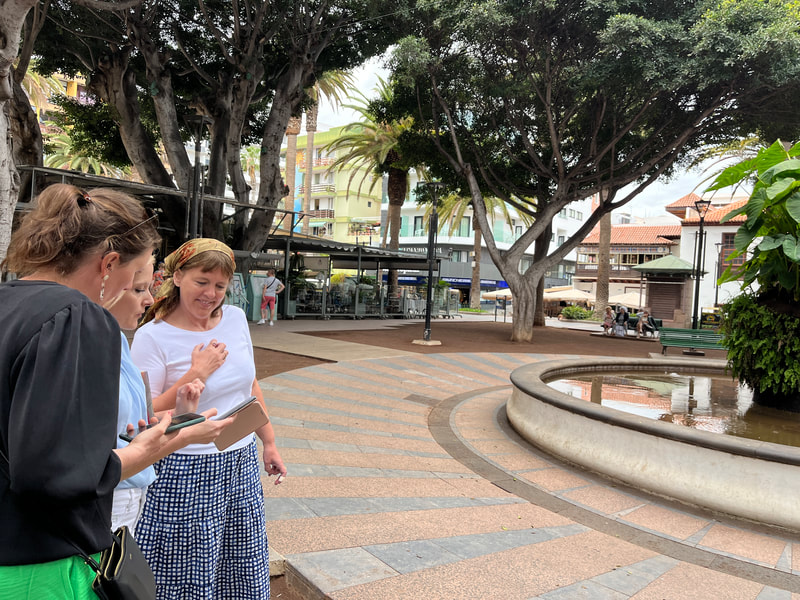
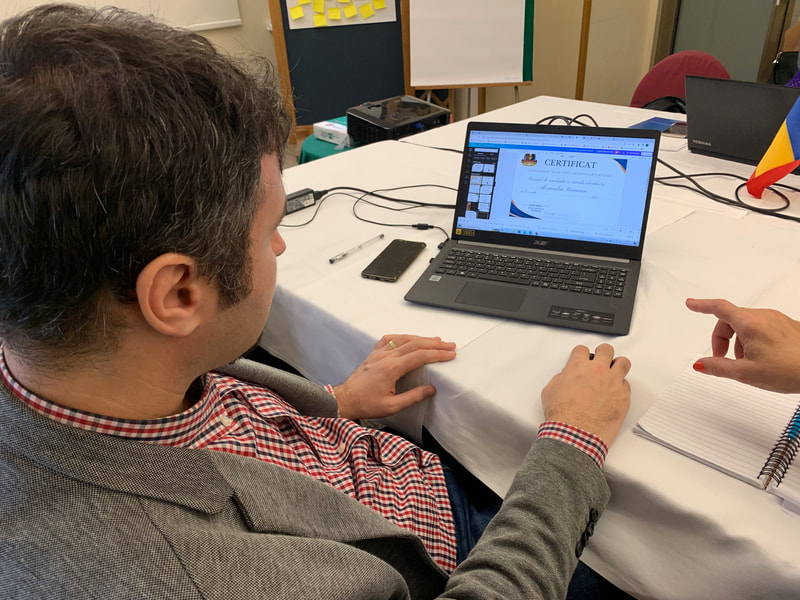
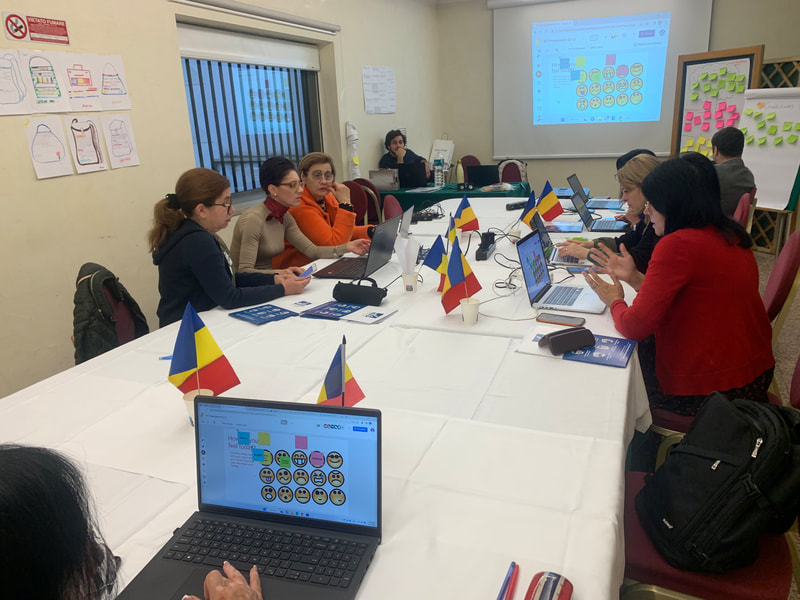
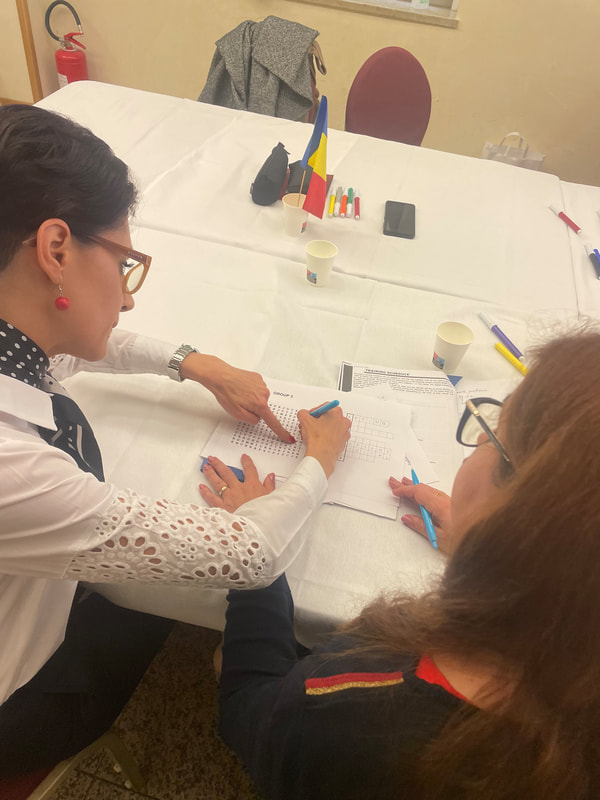
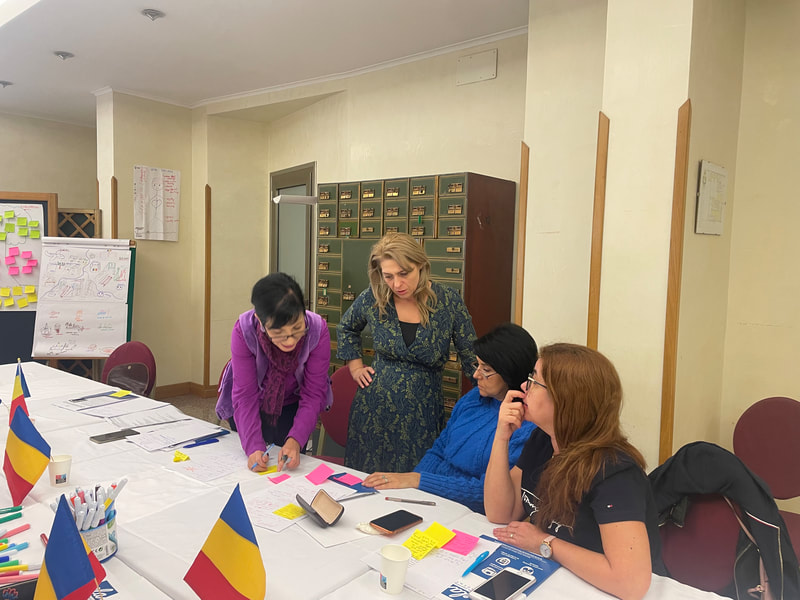
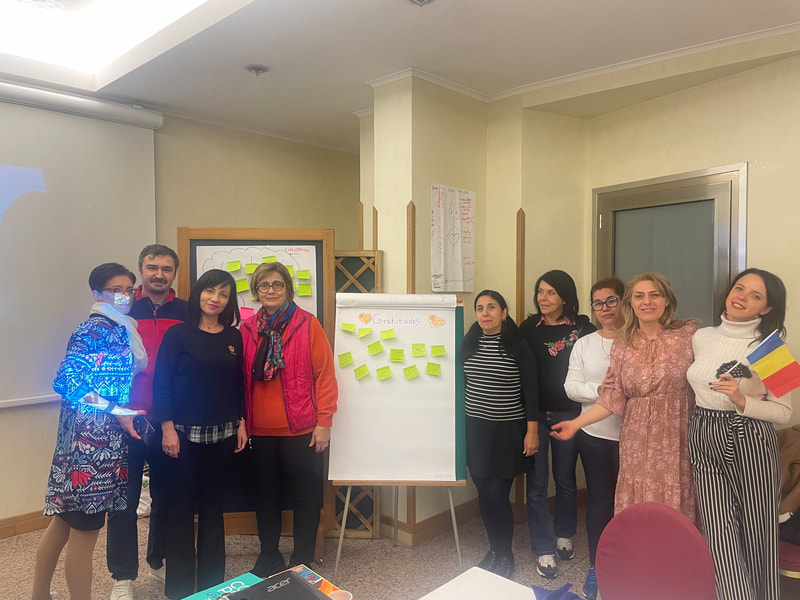
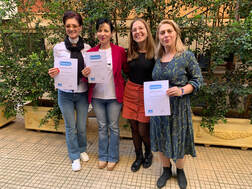
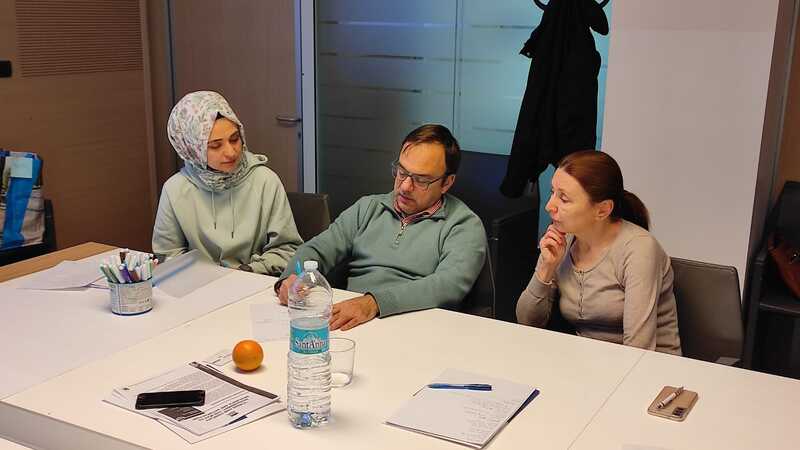
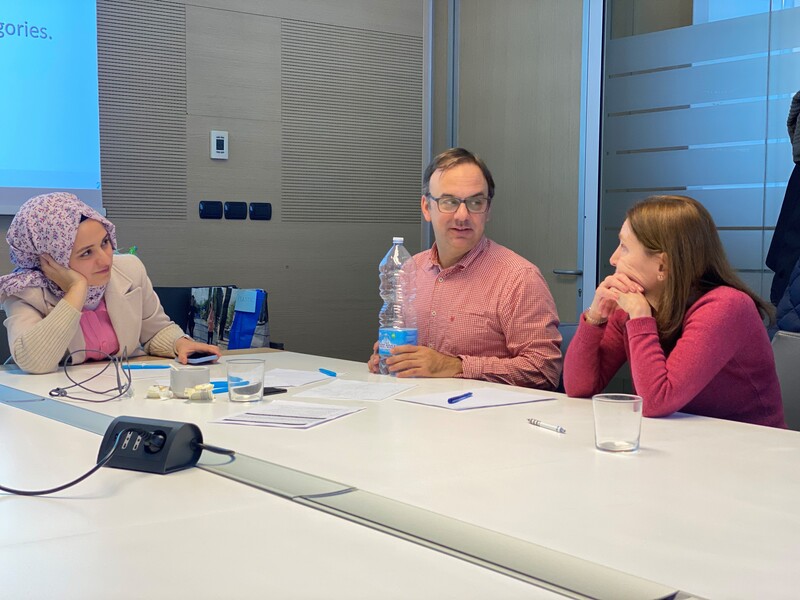
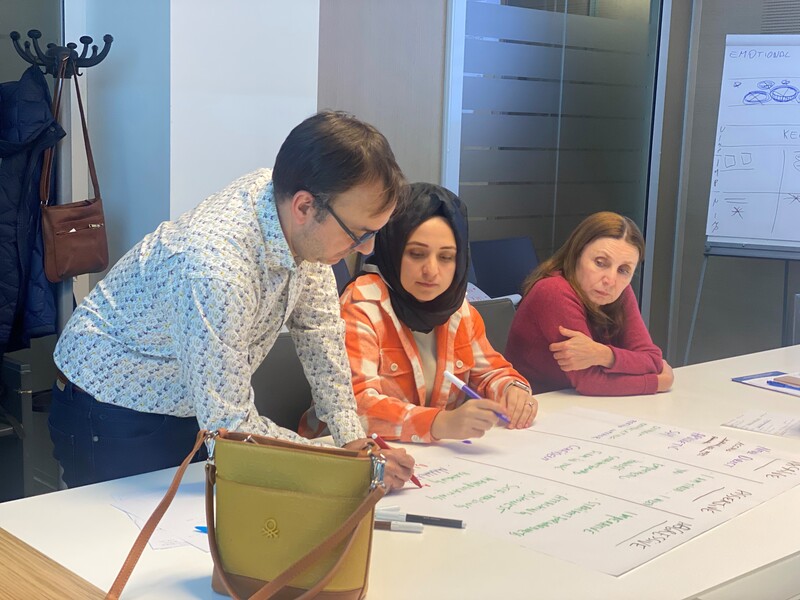
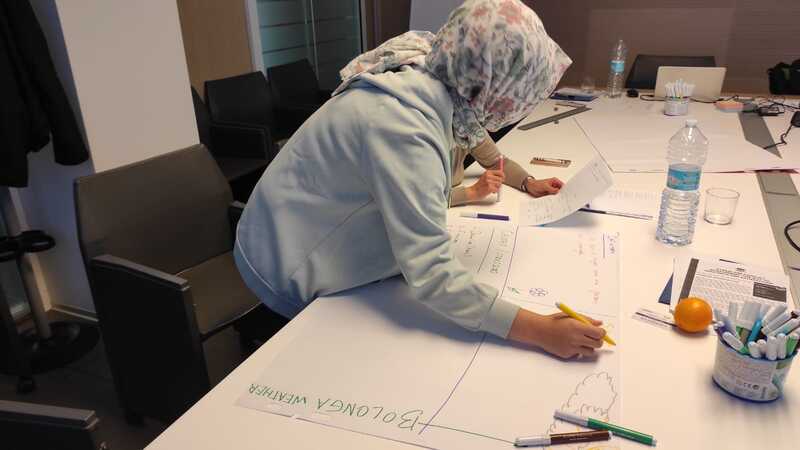
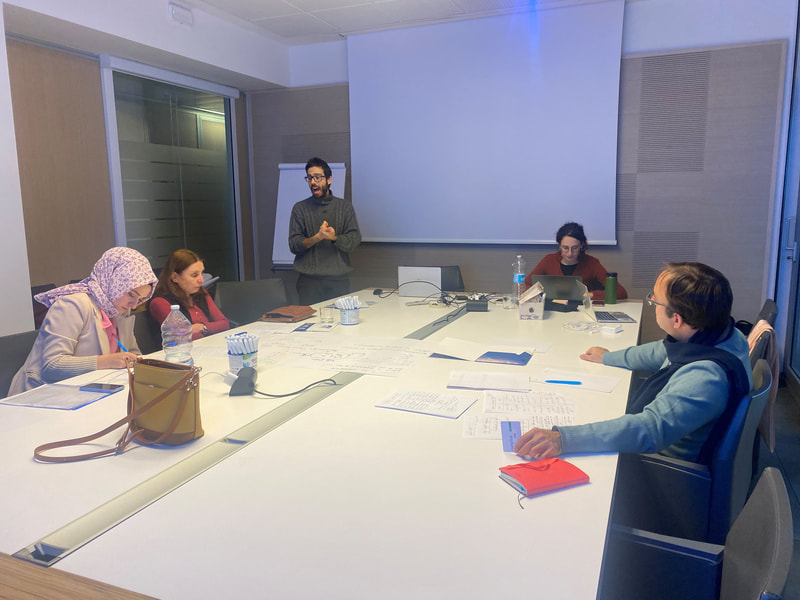
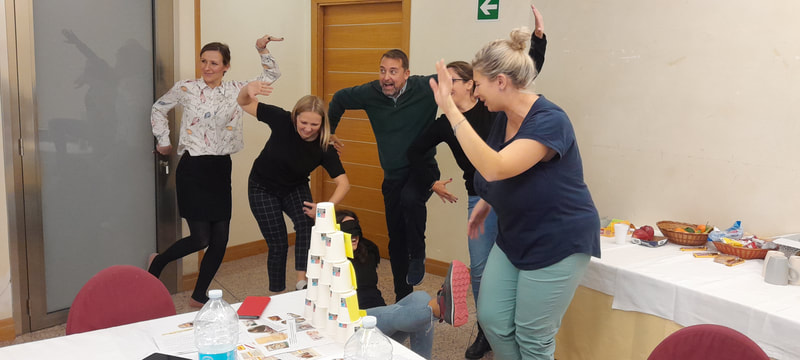
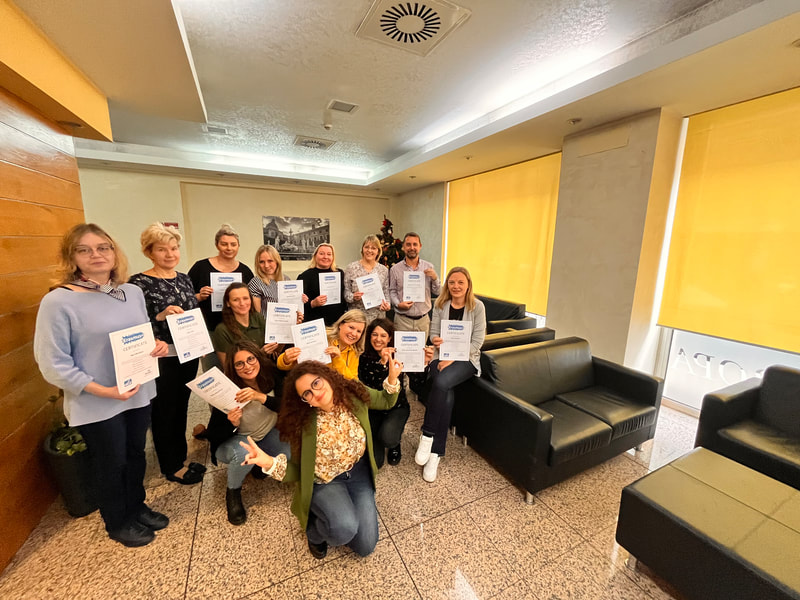
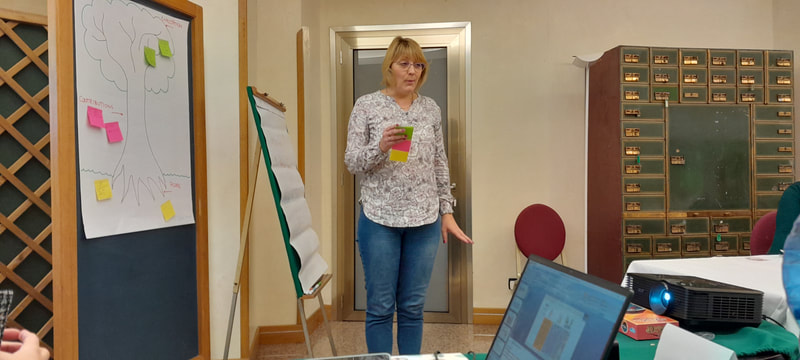
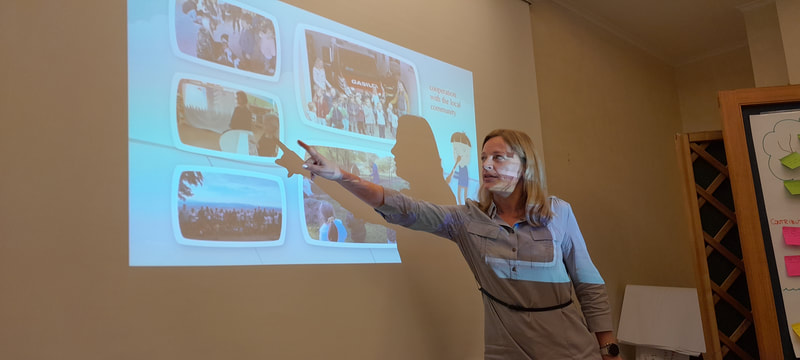
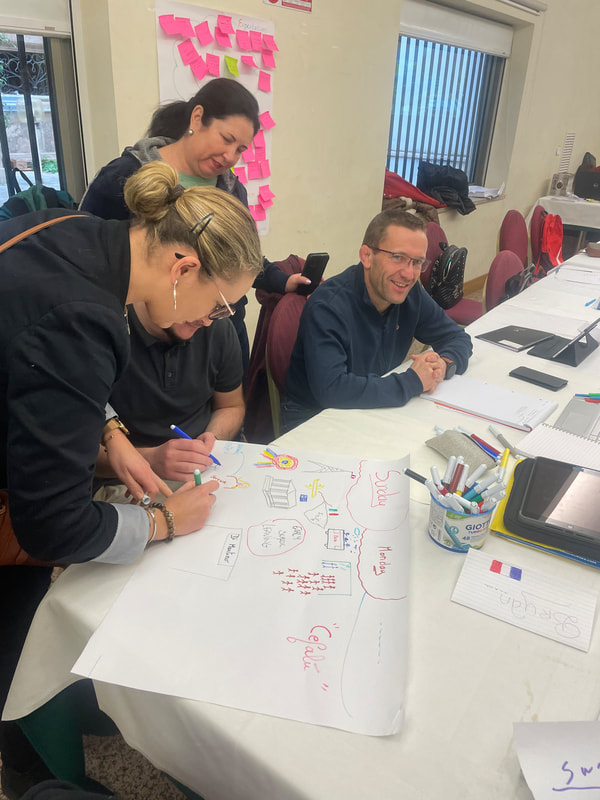
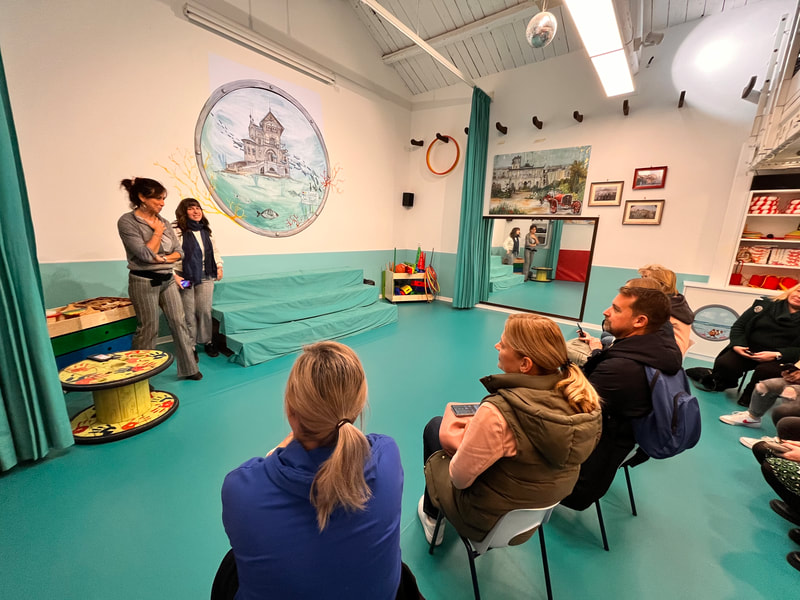
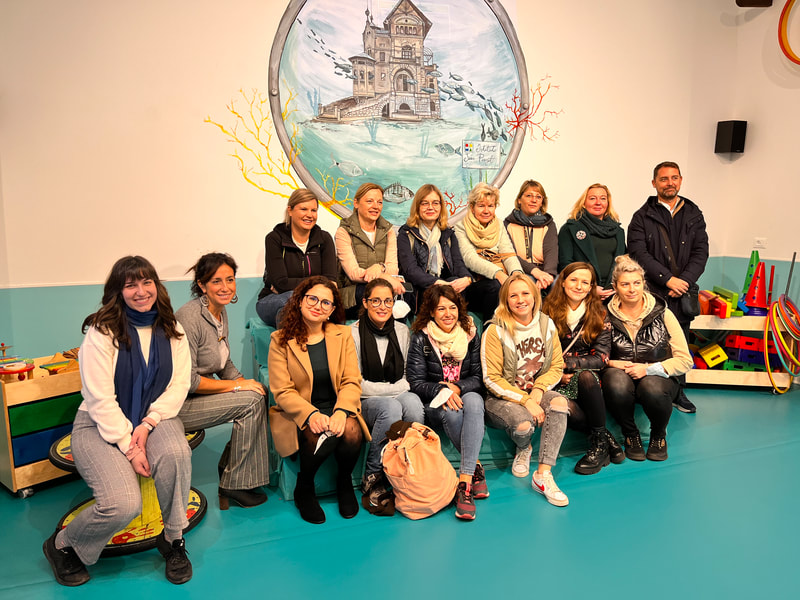
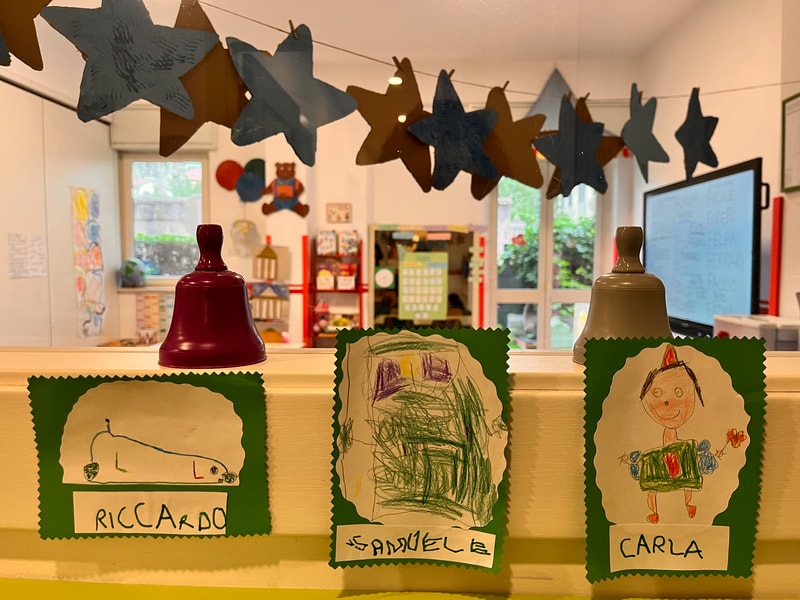
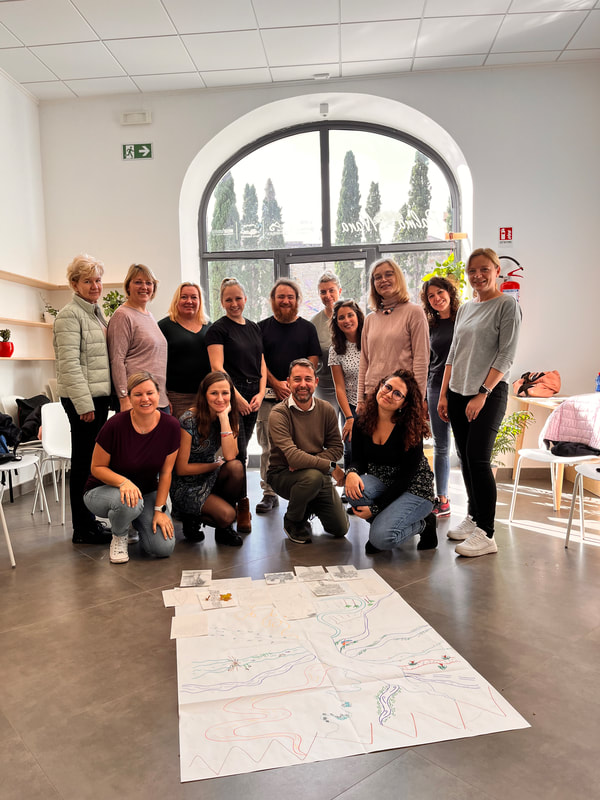
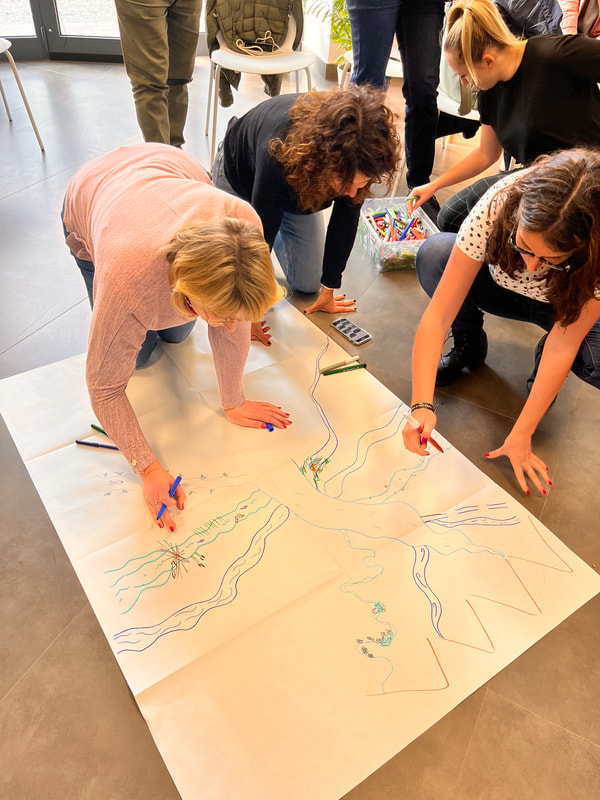
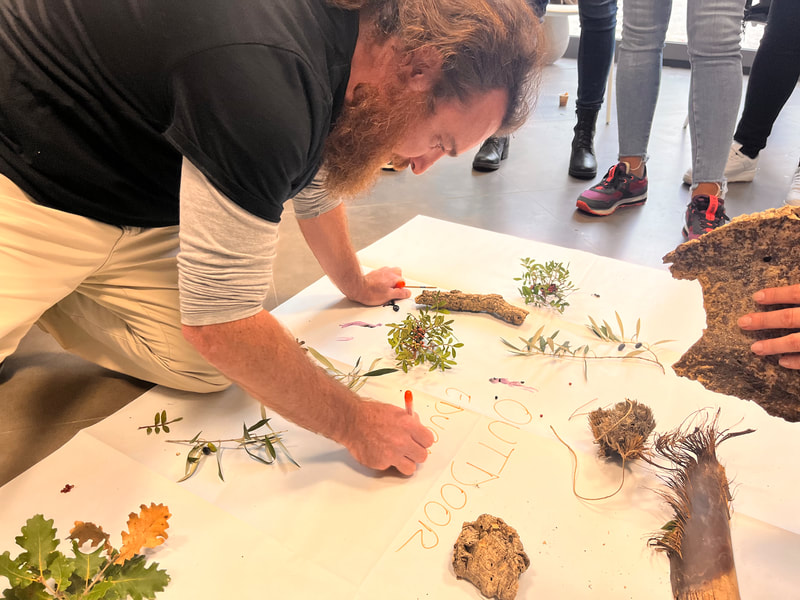
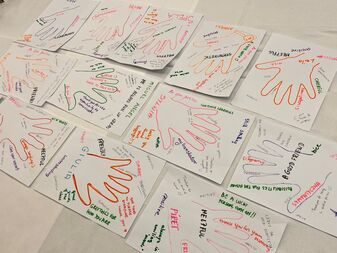
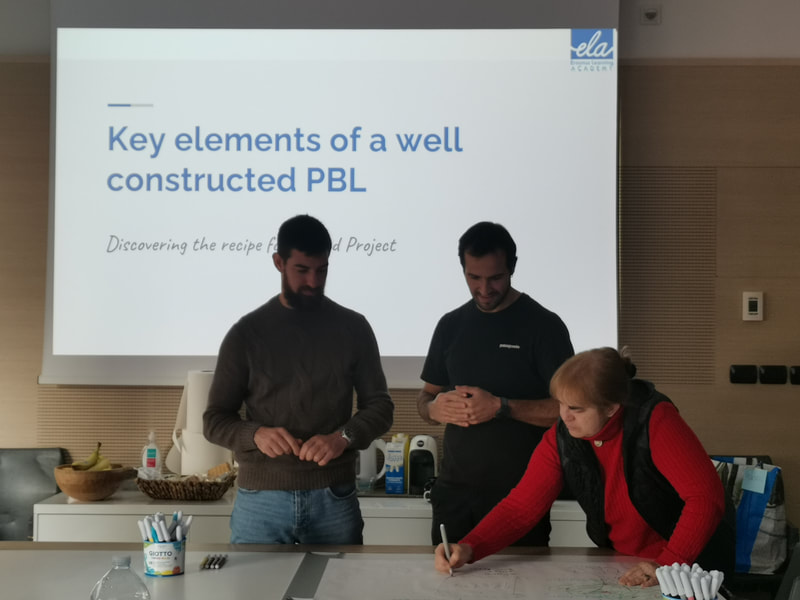
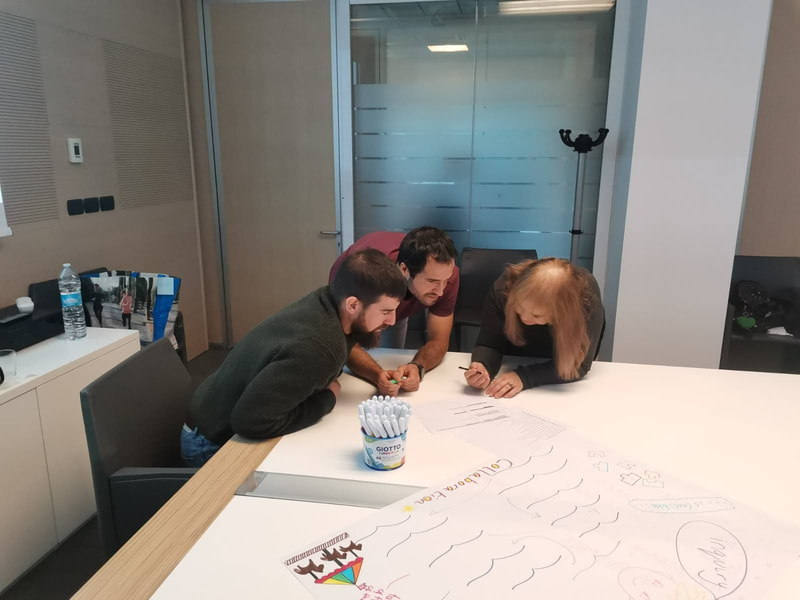
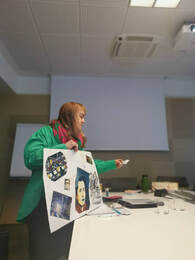
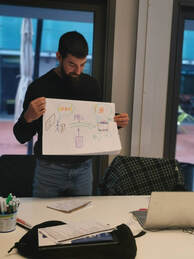
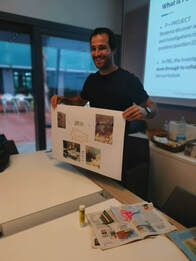
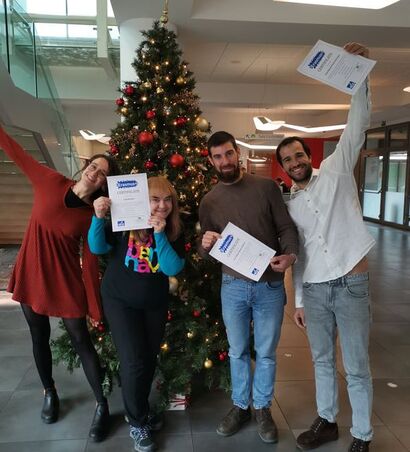
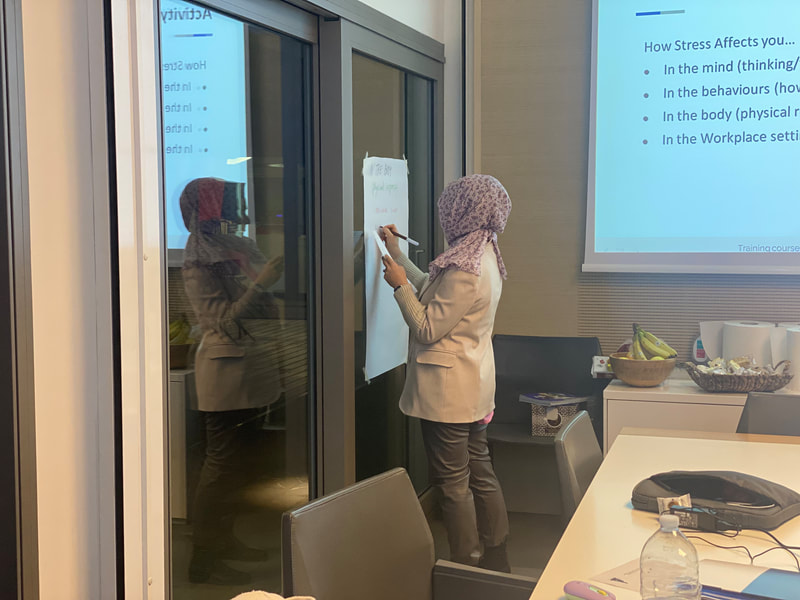
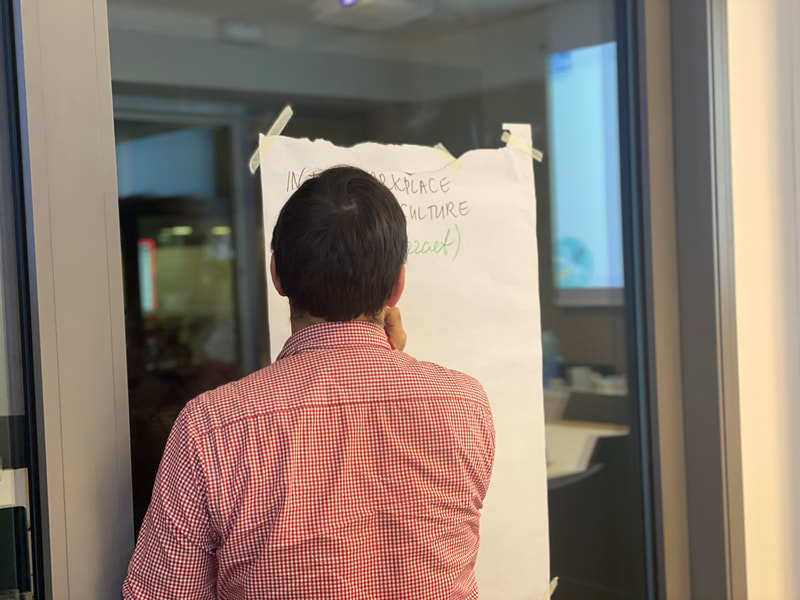
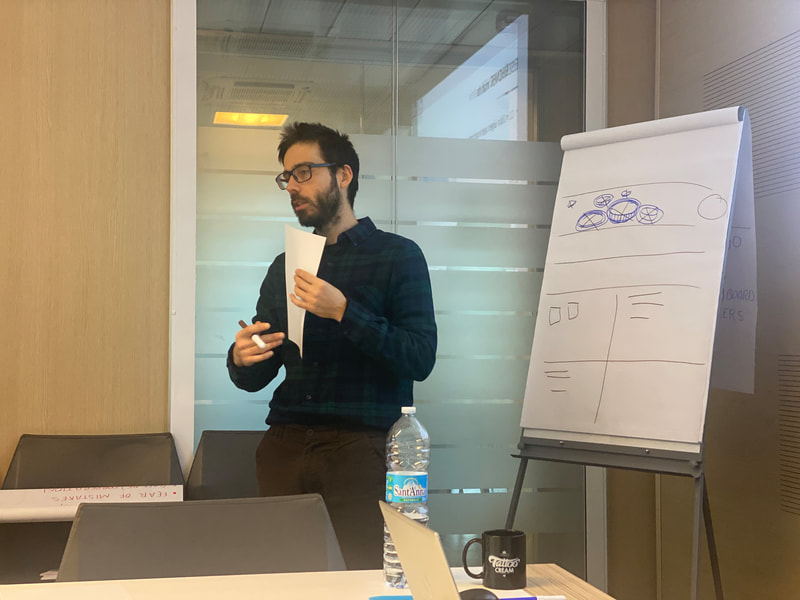
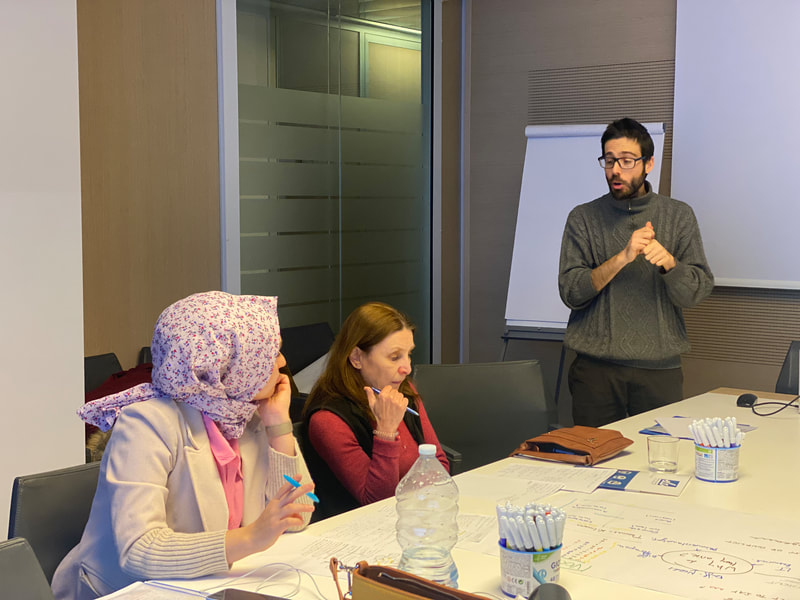
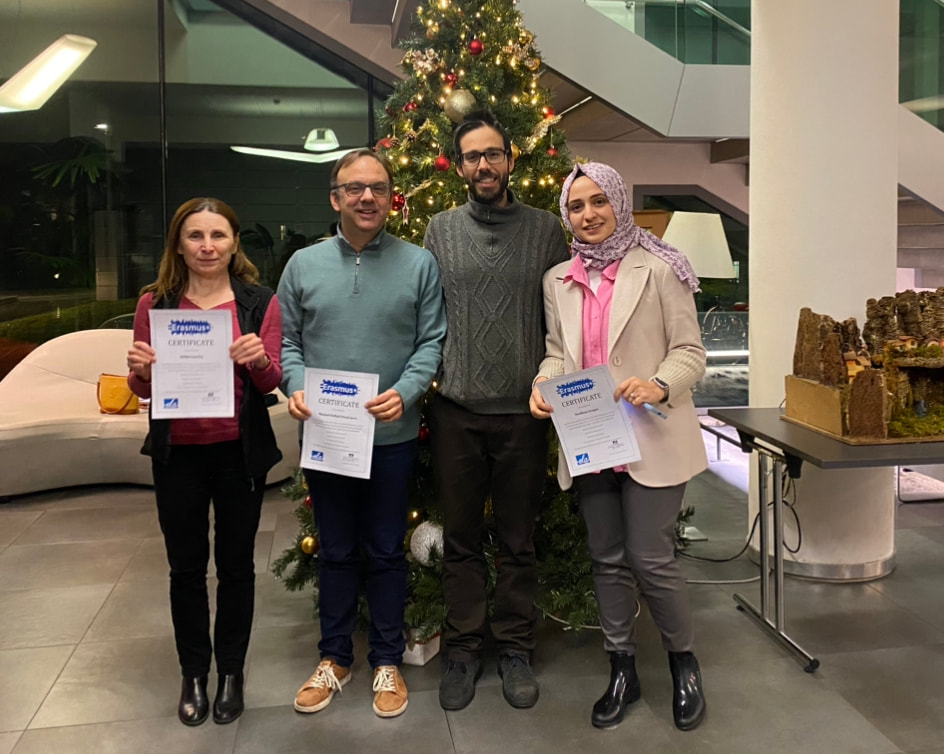
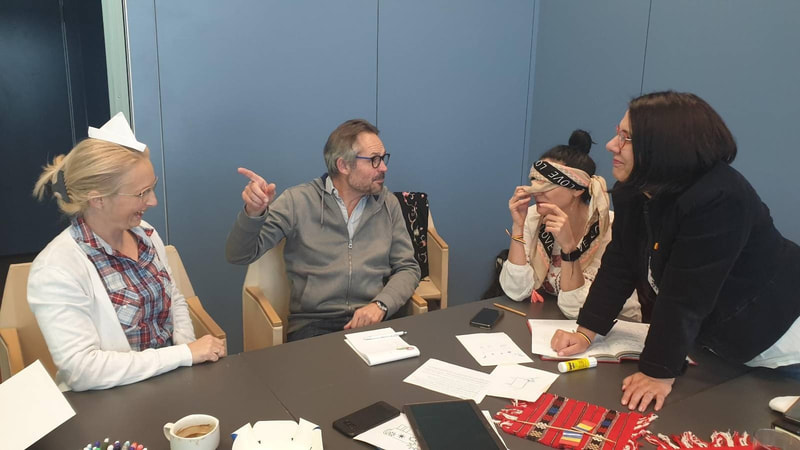
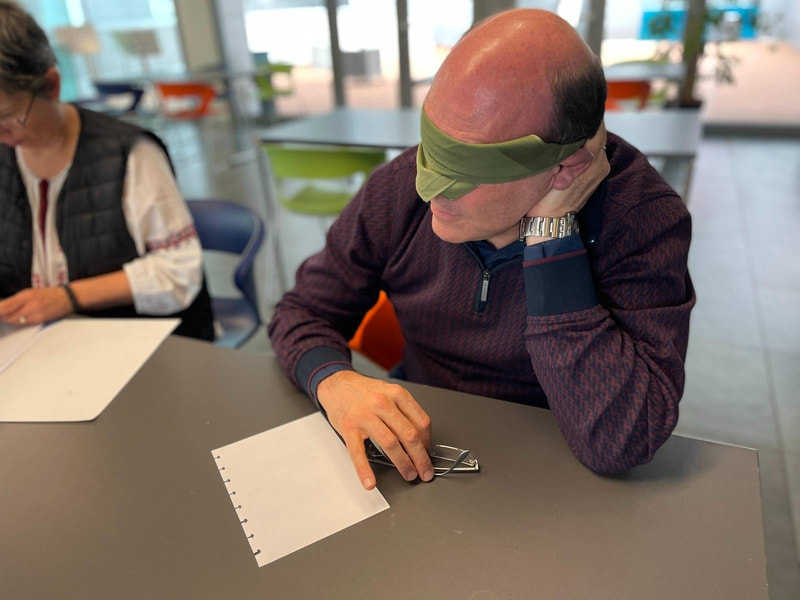

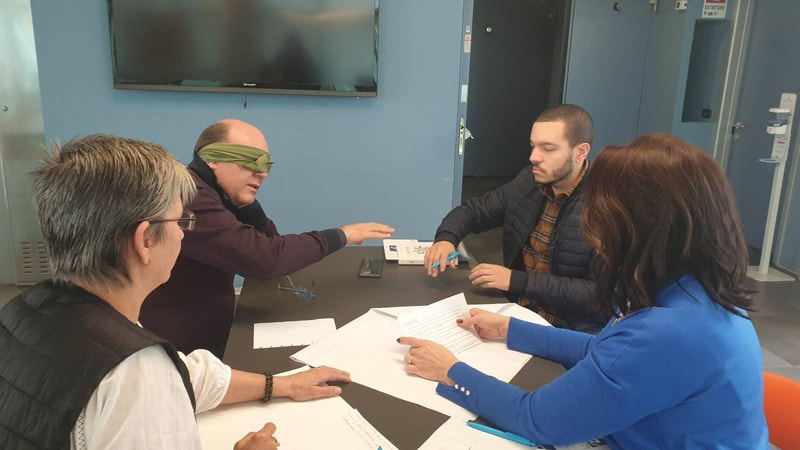
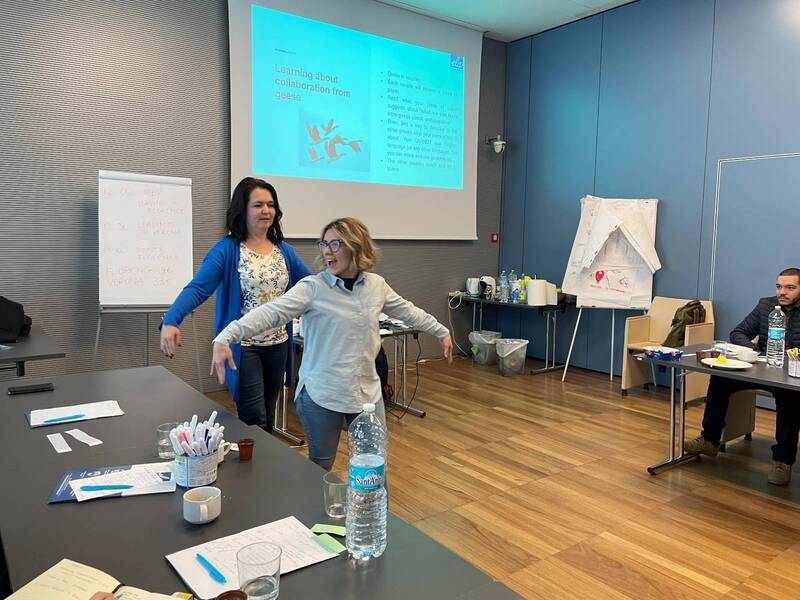

 RSS Feed
RSS Feed









